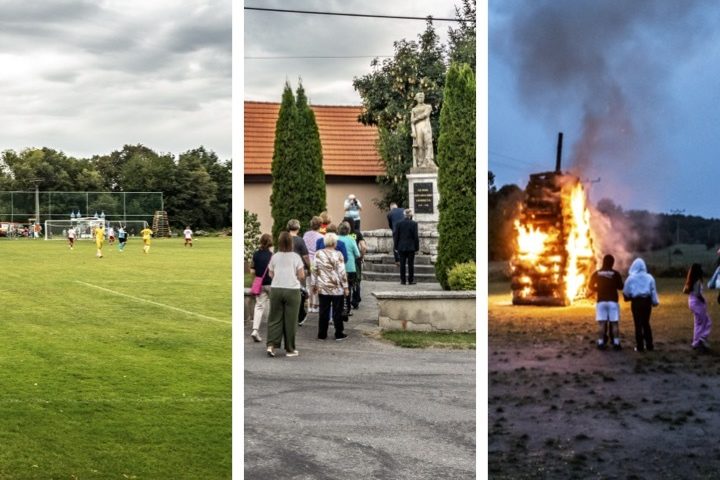At our first seminar after the summer break, we discussed the upcoming themes for this semester and, above all, exchanged experiences from the past months of fieldwork. Much of our work this season unfolded in Slovakia, which naturally became the central point of our conversation.
Karin opened the meeting with reflections from her Slovak fieldwork, focusing on the tensions between two distinct strands of local memory: the remembrance of a German past and the commemoration of the Slovak National Uprising. Her observations led to a broader discussion about the position of the ethnographer in the field: how researchers are perceived by local inhabitants, and how aspects such as gender and appearance may influence these perceptions. As these issues remain insufficiently theorized within our field, the discussion raised important methodological and ethical questions.
Michal also shared insights from his time in Slovakia, presenting how he approached memory through walking, following his experiences from Czechia, which he wrote about in one of the blog posts. By retracing parts of the Slovak National Uprising trail, he explored how movement and sensory engagement can contribute to an understanding of memory in place. His presentation prompted a collective reflection on accessibility in fieldwork: which spaces and communities are open to us, which remain closed, and on how these dynamics may intersect with broader processes of depoliticizing the German past.
Karolina then presented her ongoing work in Pomerania, where she is completing her field research. She focused on her collaboration with the Wałcz Land Museum, where she is engaged in preparing an exhibition as both part of her ethnographic engagement and her responsibilities as a member of the museum’s scientific council. Her reflections highlighted the intersections between research, curatorial practice, and institutional cooperation.
Although Magdalena could not attend the meeting in person, she shared a written report from her fieldwork in Northern Bohemia. Her research in these couple of months followed the trajectories of objects connected to Protestant communities, exploring how material traces mediate memory and belonging in the region.
The seminar served as a valuable space to reconnect after the summer and to consider how our individual field experiences speak to each other. The discussions revealed the thematic continuities across our projects: from the politics of memory and local heritage to the position of the researcher within these entangled landscapes.

